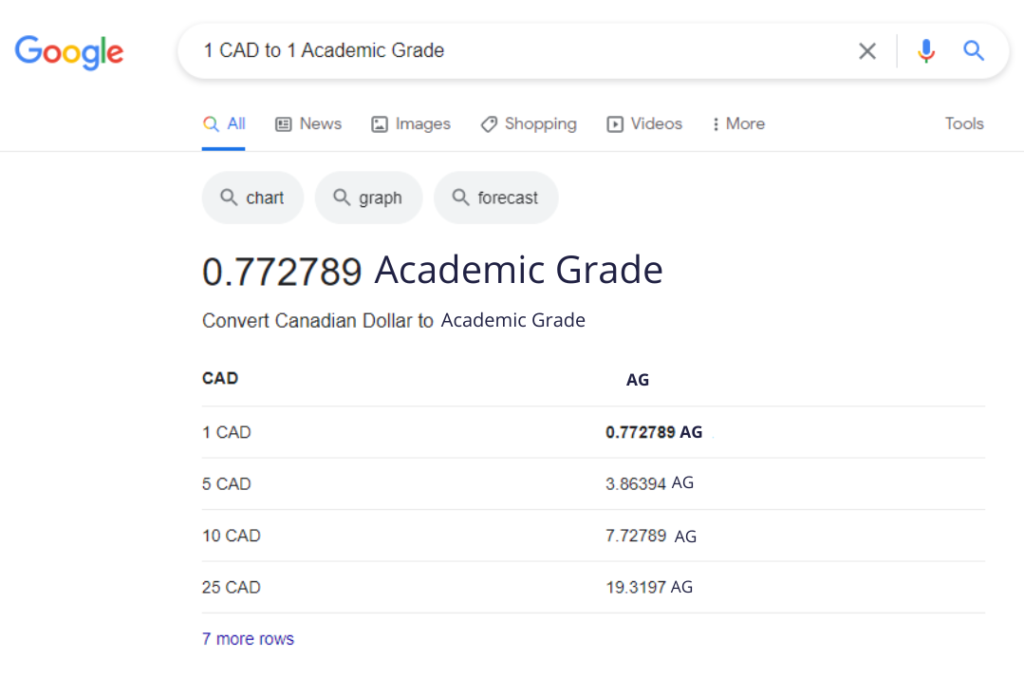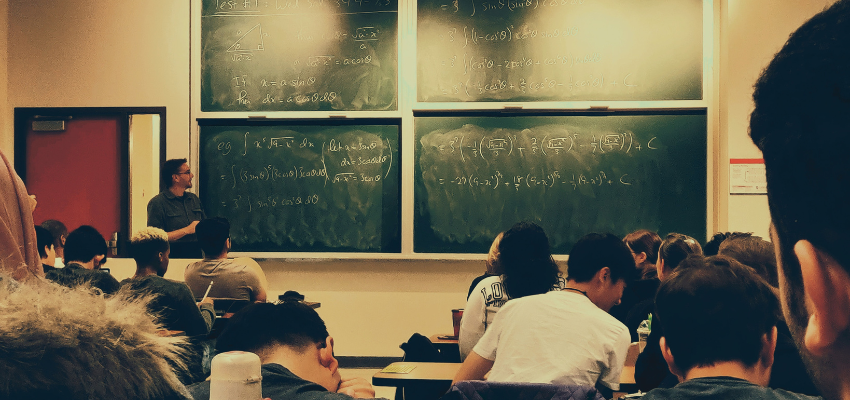I am now the First-Year Experience Technician at Carleton University Library. Over the past year, I have researched theories and practices for teaching undergraduate students and more specifically first-year students about information literacy.
In my research, I uncovered an undergraduate journal article, Dining with Anna Karenina: Opening the Invitation to Burke’s Parlor. I briefly discuss this article in an earlier blog post. Finding this article made me look closer at the journal in which it was published, Young Scholars in Writing.
The journal’s mission
The journal’s mission identifies three important beliefs:
- Research can and should be a crucial component of rhetorical education.
- Undergraduates engaged in research should have opportunities to share their work with a broader audience of students, scholars, and teachers through international publication.
- The fuller the range of voices, rhetoric, and subjects the research of our field includes, the more we learn and the stronger we become (source).
My teaching philosophy for undergraduate students
At my core I seek to encourage and show students that they are members of the scholarly community. By doing this they feel more invested in the work that they are doing. In theory, this will help them to understand how they fit into the university. For example, it is easier to teach the values of academic integrity, when they are part of the community (honesty, trust, respect, fairness, and responsibility).
The problem with the current academic landscape is addressed in Daniel Pfeiffer’s article referenced above. In that article, Pfeiffer describes the undergraduate research cycle as follows. Papers are: planned, written, revised, turned in, graded, and placed in a recycling bin (Pfeiffer, 2015). They continue to provide insight into the undergraduate experience in the scholarly community stating “my term paper was a form of currency to be converted into a grade. Once that was accomplished, the paper lost its value” (Pfeiffer, p. 83).

Conclusion
Journals like Young Scholars in Writing allow students to feel more connected to the scholarly community. It makes undergraduate students feel like their assignments have more value since they are open for the world to read, and not just a currency used to receive a grade. I am seeing faculty creating opportunities locally to make students feel part of the scholarly community, for example, through poster sessions or mini-conferences. This is good for the scholarly community and academics in general.
Header image: Photo by Shubham Sharan on Unsplash

